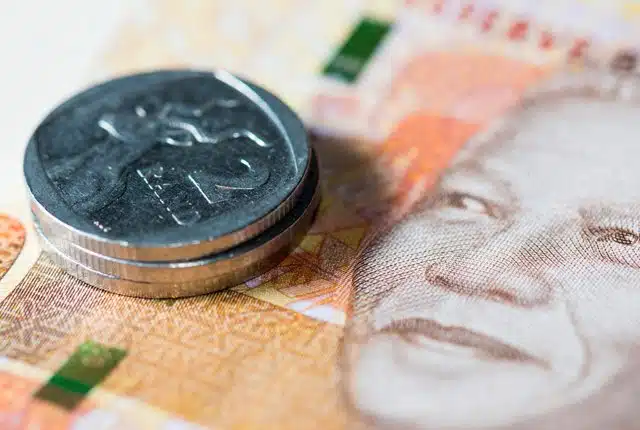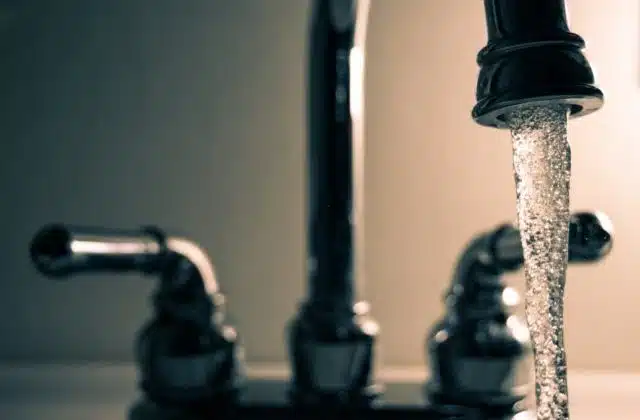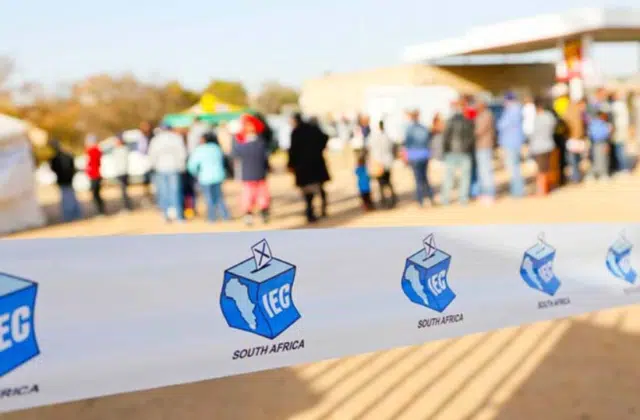
Big changes for grants in South Africa
Social development minister Lindiwe Zulu has published draft regulations around the special R350 Covid-19 Social Relief of Distress Grant, including relaxed rules around who can qualify.
Zulu said the changes are necessary as fewer South Africans than expected were approved for the grant.
“Under the third iteration, we introduced the testing of income against the bank account for all applicants, and not only those who had been declined. It should be noted that the maximum allowable income was set at R350, which meant that every applicant who was found to have received an income exceeding R350 in their bank account would be excluded.
“Following the implementation of the new regulations, including the checking of applicants’ bank accounts against the income threshold of R350, the Department is concerned about the low number of approvals. Out of 11.4 million applicants for the month of June, only 5.2 million beneficiaries were approved. This represents less than 50% of the applications.”
Zulu said the proposed amendments relate to the maximum allowable income, the application of the bank verification and the requirement for applicants to confirm their need for the grant after every three months.
The Specific changes include:
- The department is proposing to increase the maximum allowable income from R350 to the food poverty line of R624, meaning that SASSA will decline any applicant who receives more than R624 into their bank account for each relevant month.
- The assessment will be conducted monthly, and should the income received into the account in a particular month fall below the R624, such an applicant will then qualify for the grant.
- The value of the grant itself remains R350 per person per month for the period 1 April 2022 to 31 March 2023 and the second amendment seeks to remove the requirement for applicants to indicate if they require the grant after every three months.
- The third amendment removes the clause that places the bank verification process as the main criteria for determining eligibility for the grant. This is to ensure that SASSA applies all the different database checks, including the bank account income checks before making the decision to approve or decline the application.
Data provided by the department of social department shows that a total of 11.4 million people applied for the R350 grant, of whom 43% are male and 57% female. Caregivers of the child support grant beneficiaries account for four million of the applicants.
The total number of non-citizens who applied is 21 207, and the majority are special permit holders from Lesotho at 15,882, followed by asylum seekers at 2,133, and special permit holders from Zimbabwe and Angola at 1,613 and 1,579, respectively.
Youth under the age of 35 years account for 60% of the applications, while 40% of the applicants have a grade 12 qualification and 5% a tertiary education.
Read: These are the biggest challenges facing South Africa right now: Ramaphosa



